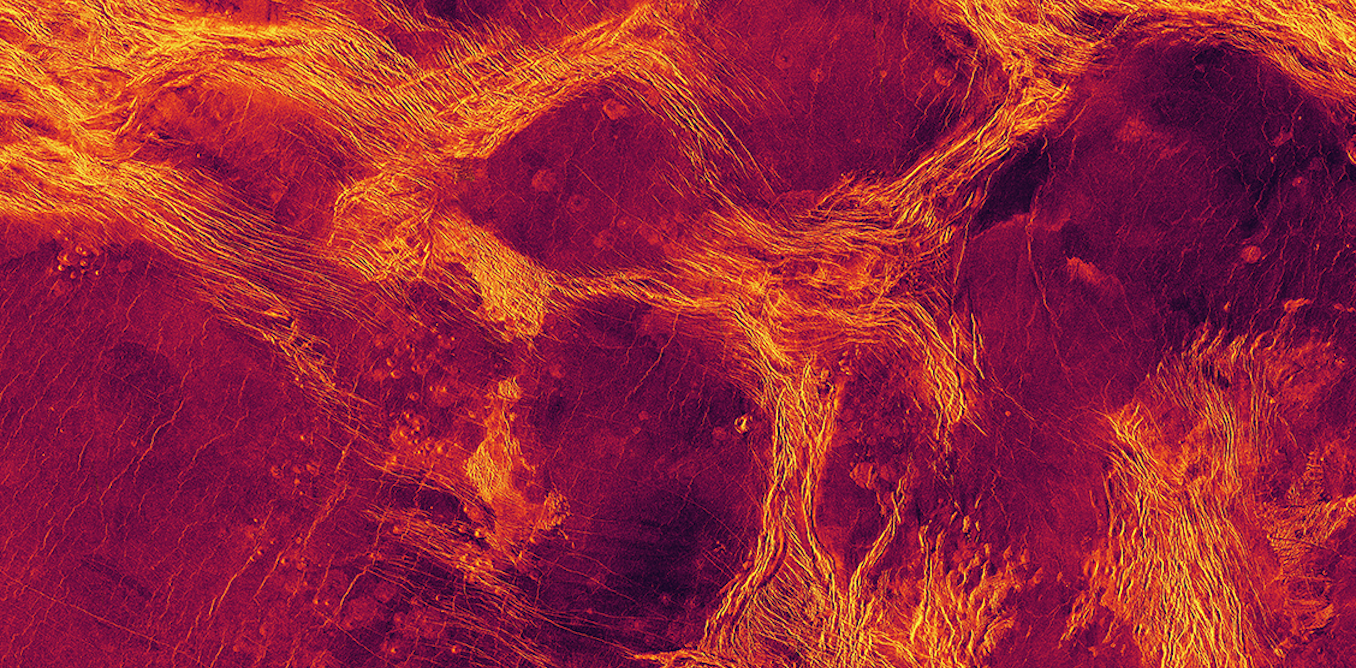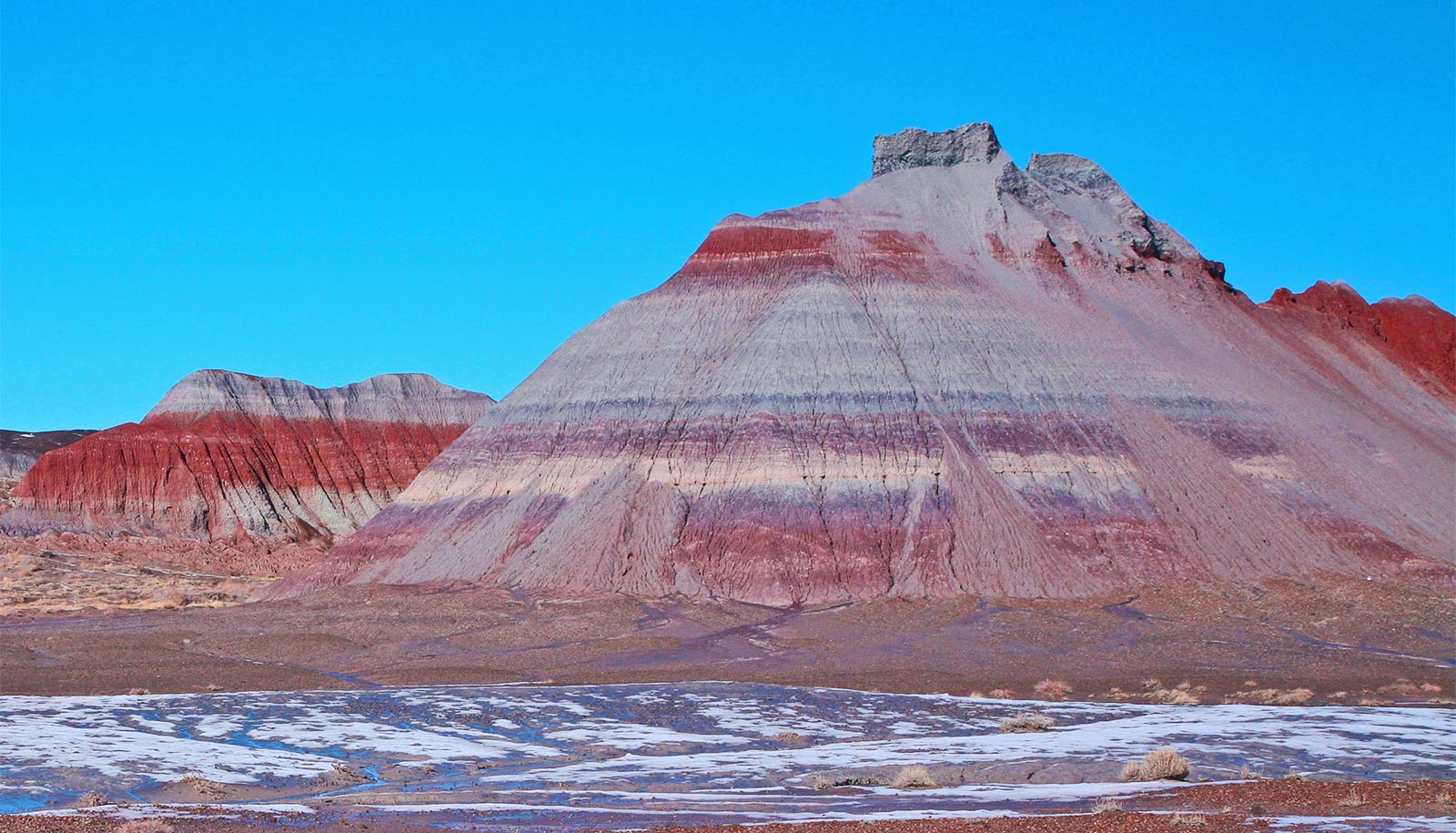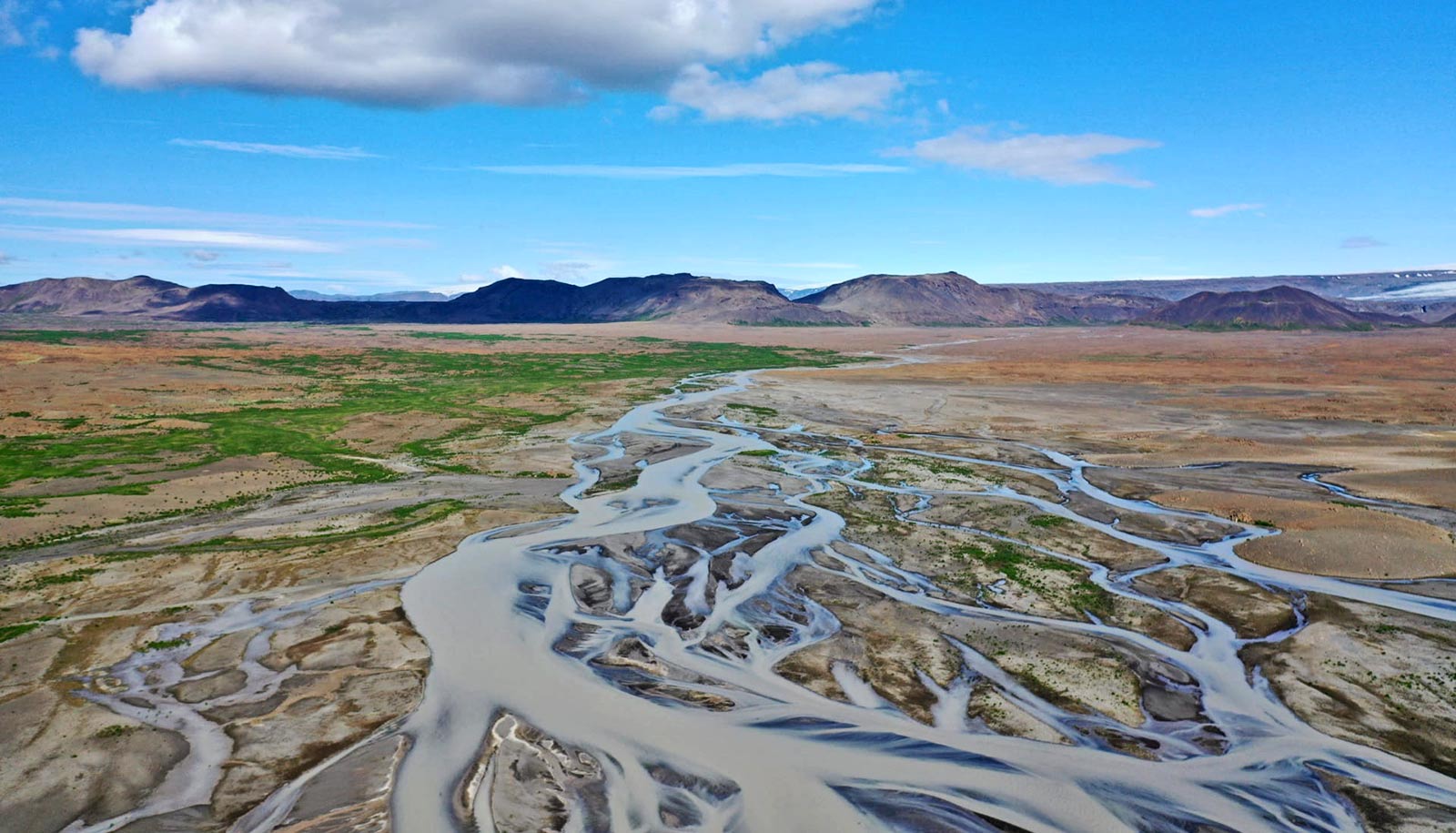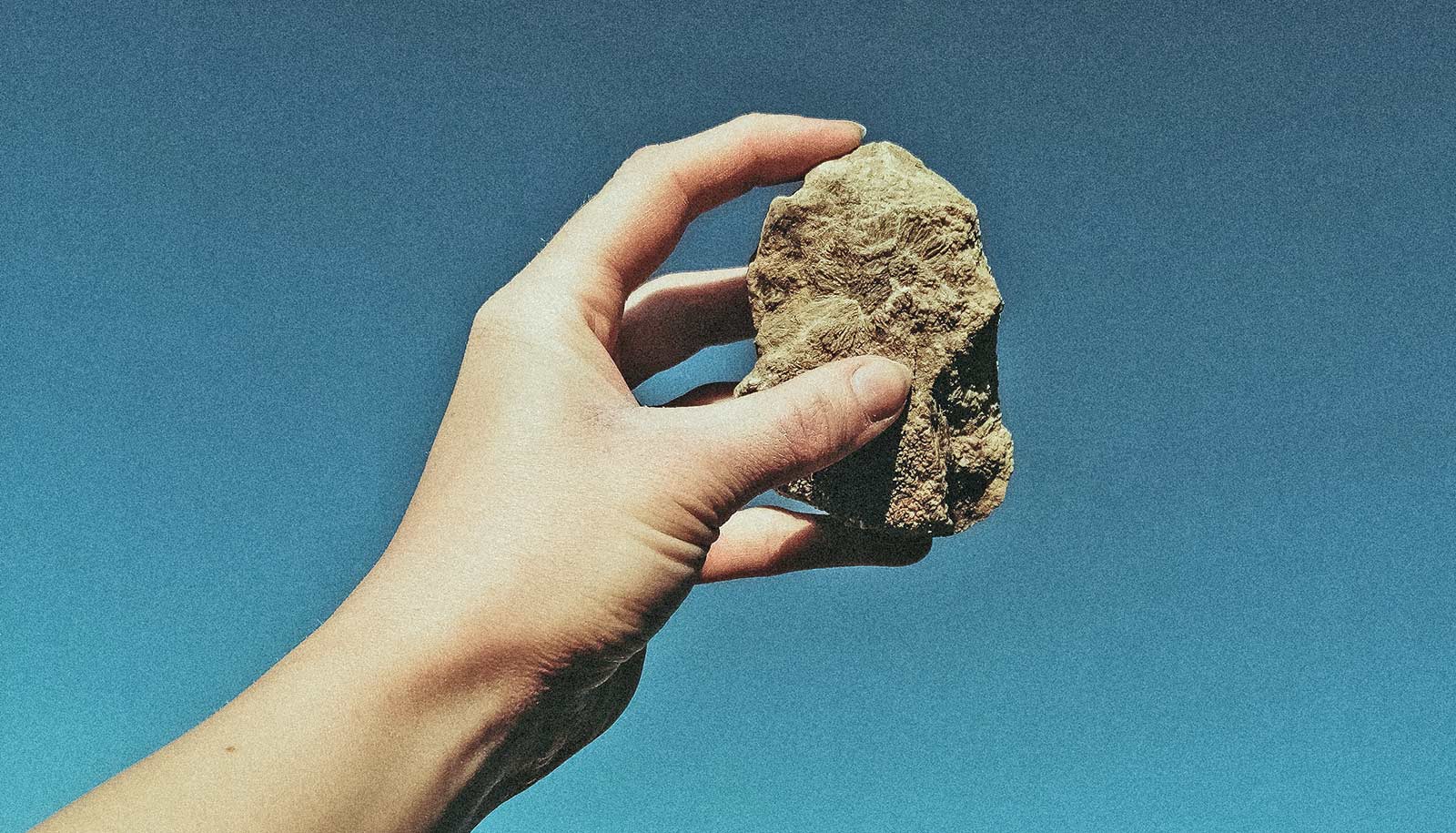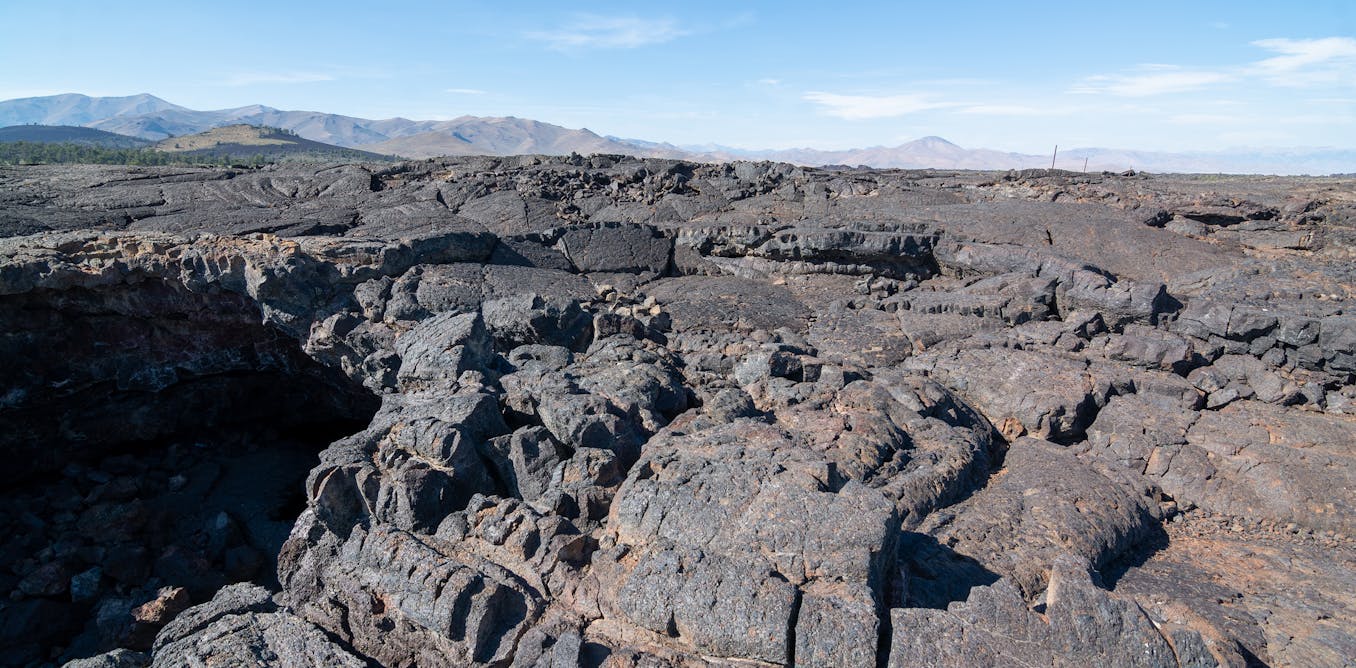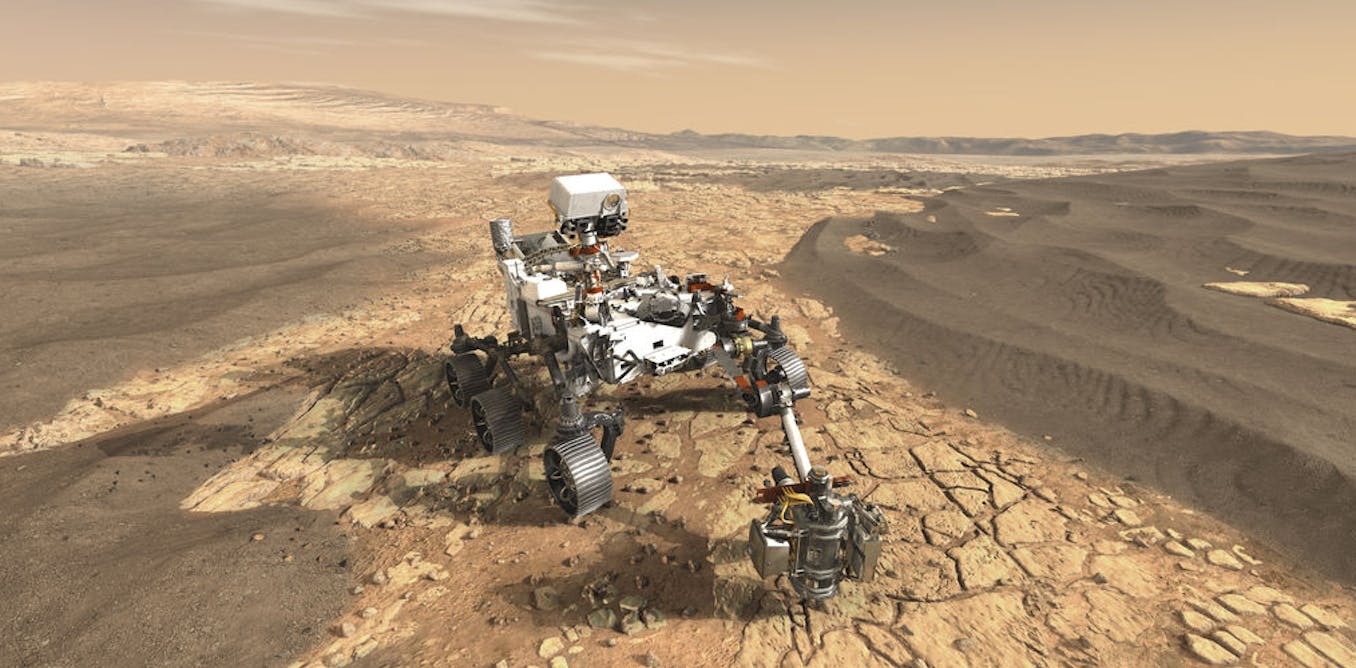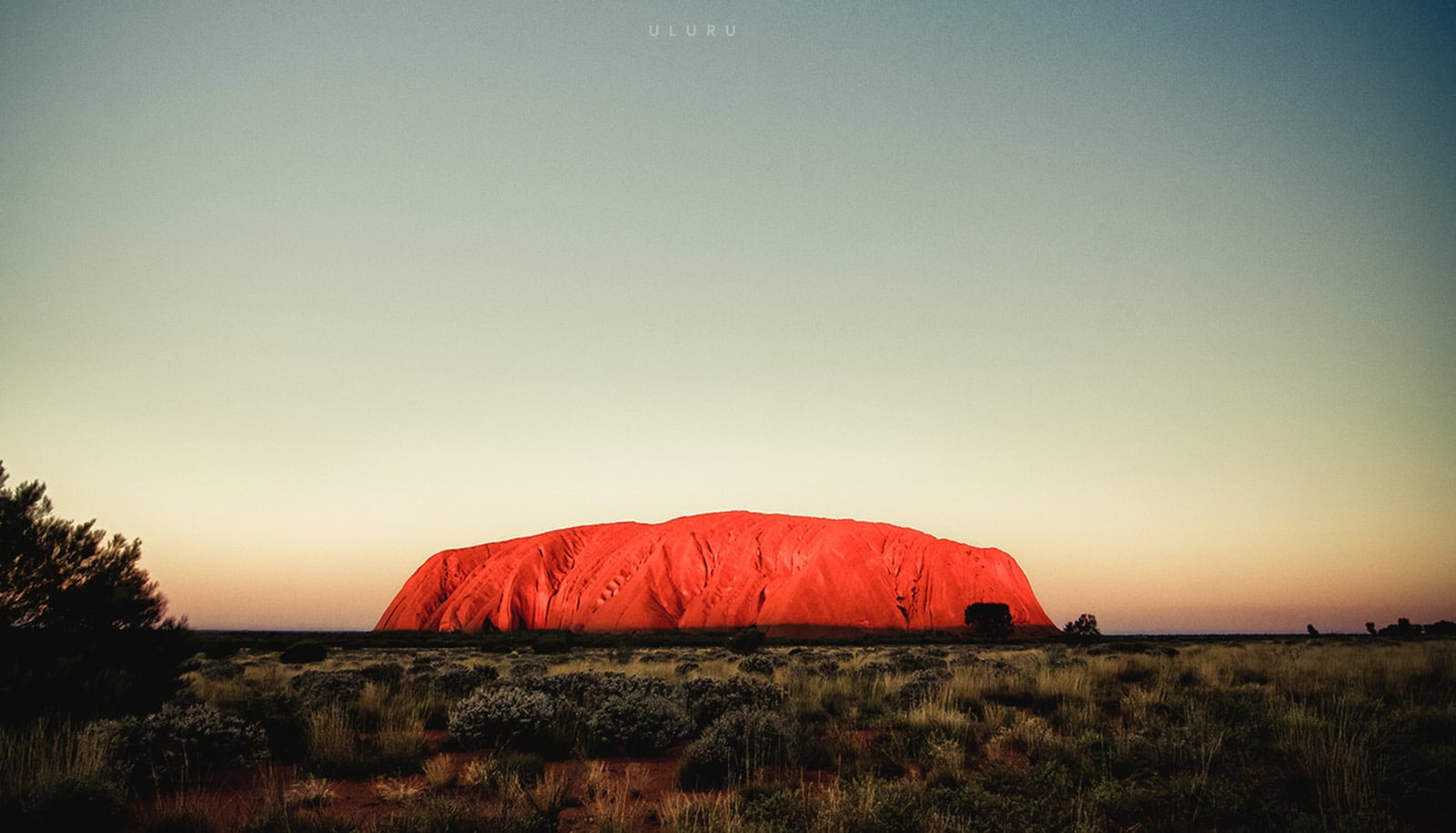The surface of Venus is cracked and moves like ice floating on the ocean – likely due to tectonic activity
Researchers used decades-old radar data and found that some low-lying areas of Venus' crust are moving and jostling. This evidence is some of the strongest yet of tectonic activity on Venus.
June 21, 2021 • ~6 min

